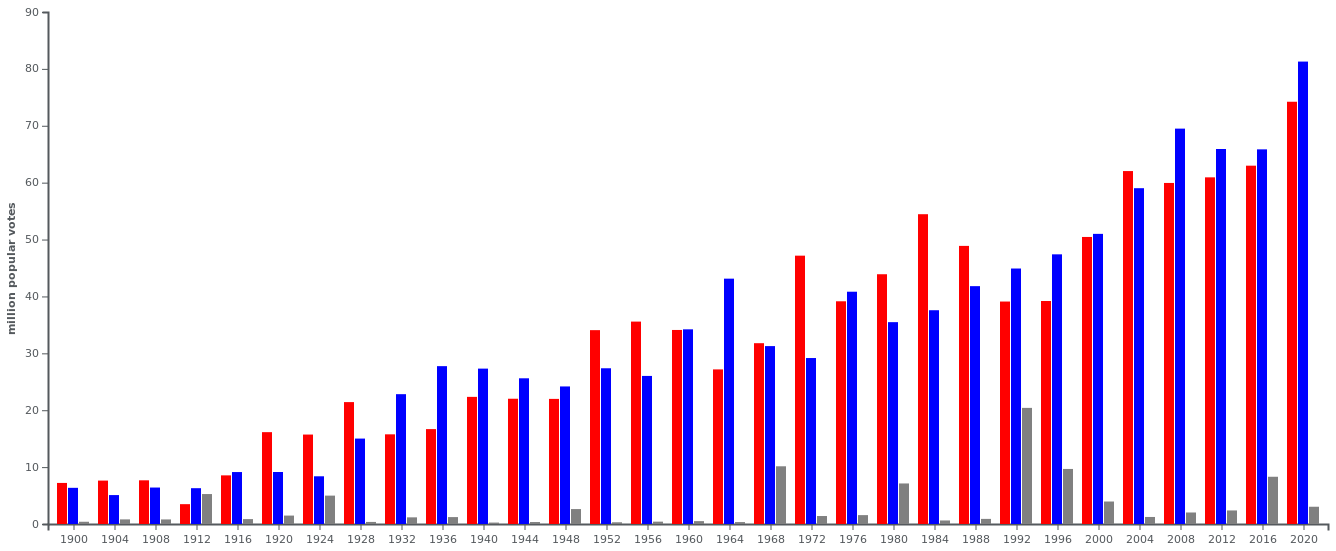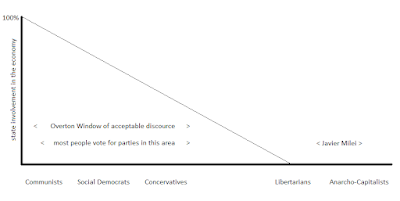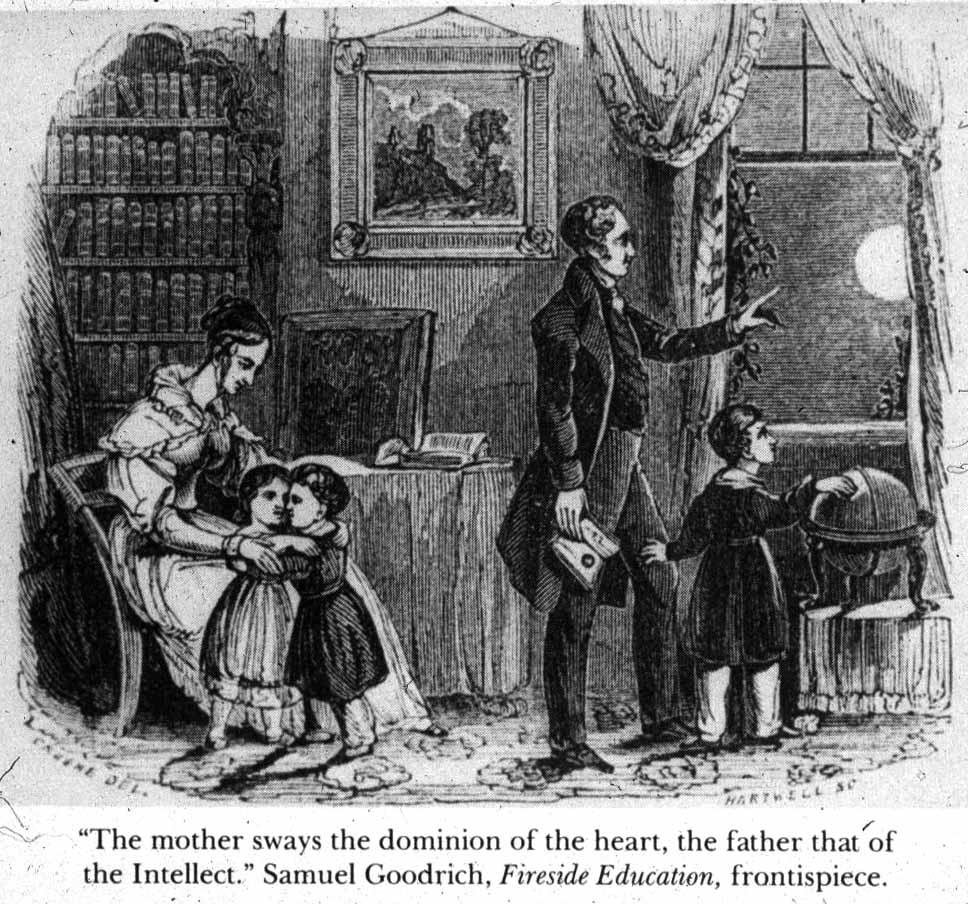At the height of the vaccine mania that swept the world a year ago, my ten year old son was asked by a class mate if he was vaccinated. When my son replied that he wasn't, and that he had no intention to ever take the vaccine, his friend replied that mandatory vaccination was inevitable, so there was no point in trying to avoid it.
Half a year later, my son told a friend that we had bought a new car. When his friend learned that this car had a conventional petrol engine, he told my son that we should have chosen an electric one because petrol engines will be illegal in a few years from now.
My son reacted to both events with amazement. Why did these people automatically assume that something will happen just because someone says so?
Now, a year later, we know that the experimental vaccines will never be mandated, and we also know that the average electric car has a lifespan of about seven years. Both the vaccine and the purchase of an electric care are decisions many already regret, or something they will soon regret. If they did any of this merely because they thought it inevitable, the regret will become all the stronger.
The lesson here is that we should never do anything just because someone says so. Giving up a fight even before the battle has been pitched is a road to ruin and regret. It's also disgraceful. Norse mythology has it as the greatest of all sins, and a sure ticket to hell.
This doesn't mean that we should eagerly engage in battle. On the contrary, battles should be avoided. But when there is a battle waged against us, our moral duty is to hang in there as long as possible. Giving up is not an option, even against overwhelming force and certain defeat.
This is the moral essence of Ragnarok, the final battle where even the gods are defeated, with many of them killed: It doesn't matter if the outcome is certain, the battle has to be fought to the end. It is our actions during battle that defines the future, and to simply fold and give up is therefore not an option.
This insight dovetails well with a central Christian insight, namely the importance of faith, love and hope, because those are the three factors that combine into what we call optimism, and optimism is the opposite of defeatism. When evil forces are turned against us, we can remain optimistic as long as we have faith in God, aka nature. Additionally, love for our family, friends and possessions will give us strength to fight, and hope for a better future fill give us endurance.
This is not merely some religious rambling, it has been proven to work. Optimists will on average last eight times longer in a struggle than the average defeatist. This has been demonstrated in laboratory tests of various kinds, but simply looking around for examples in the real world will confirm the thesis. The optimists who refused to fold under pressure outlasted the defeatists by months, and even the authorities had to give up in face of our resistance.
A similar study that ties into this has shown that if an optimist wins a battle, the relative number of defeatists in his group will drastically decline. This can easily be verified by noting the sudden disappearance of people talking about the new normal and how our lives must inevitably be changed in order to accommodate for this.
These findings are in turn reasons for optimism. When optimism won against defeatism back in 2022, a new trend was set. Instead of fighting an uphill battle against tyranny, we now have momentum on our side. All we need to do in order to keep this going is to stay strong in our optimism.
If we persist in making optimistic observations, we'll win more battles which will in turn result in more optimism. Key to this is to look for optimistic angles to everything. E. g. when a friend of mine told me that 60% of Norwegians remain fully prepared to take another vaccine shot if told to do so by experts, I pointed out that this means that 40% aren't prepared to do so. That's up from 20% just a year ago.
It's also important to remember that trends take time to pan out. This year is likely to go down in history as the first year of a new era. We have another hundred years to go before this trend comes to its end, and it's silly to think that this trend will be without battles on the way. However, optimism is here to stay, and the more we show our optimism the more likely we are to make a real impact on where things go from here on out.
 |
| Odin and Fenris |
By Emil Doepler - Doepler, Emil. ca. 1905. Walhall, die Götterwelt der Germanen. Martin Oldenbourg, Berlin. Page 55. Photographed and cropped by User:Haukurth., Public Domain, Link
When time comes for Ragnarok, the great battle between giants and gods, Loki and his children join the battle at the side of the giants.






























